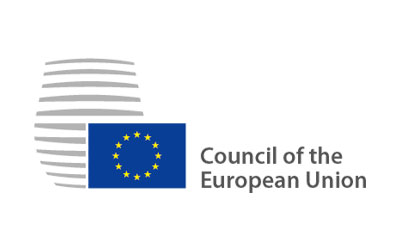On Wednesday 5 November, the European Council reached an important political agreement on amending the European climate law, which was first adopted in 2021 to provide the legal foundation for the EU’s long-term climate policies, in line with the Paris Agreement.
The Council’s agreement has introduced a binding intermediate climate target for 2040 of a 90% reduction in net greenhouse gas (GHG) emissions, compared to 1990 levels. This new target is a crucial step towards the EU’s long-term goal of achieving climate neutrality by 2050.
The text of the agreement is available here.
Key highlights:
- There is an open reference to “technological neutrality” and “sustainable bioenergy”.
- The Commission shall ensure that the following elements are appropriately reflected in the forthcoming legislative proposals: the role of zero-, low-carbon, and renewable fuels in the decarbonisation of transport (including road transport beyond 2030), and concrete measures to assist heavy-duty vehicle manufacturers in meeting their targets, taking into account European content.
- Thus, the agreement reached by the Council acknowledges the inclusion of low-carbon and renewable fuels (which comprises biofuels) in road transport and the relevance of heavy duty sector in achieving their objectives.
the European Commission is also expected to present soon a proposal for the revision of the CO₂ car regulation, taking into account the above considerations.
Overall, the amendment introduces several areas of flexibility and key elements for the 2040 target and the post-2030 climate framework. These will guide the Commission’s future legislative proposals, enabling member states to meet the 2040 target while supporting European industry and citizens throughout the transition.
The three main areas of flexibility are:
- High-quality international carbon credits – Member states may use such credits to make an “adequate contribution” towards the 2040 target, quantified as up to 5% of 1990 EU net emissions, with a possible additional 5% after 2030.
- Domestic permanent carbon removals – Recognised under the EU Emissions Trading System (ETS) to compensate for residual, hard-to-abate emissions.
- Enhanced flexibility within and across sectors and instruments – Designed to support target attainment in simple and cost-effective ways, allowing member states to address shortfalls in one sector without compromising overall progress.



